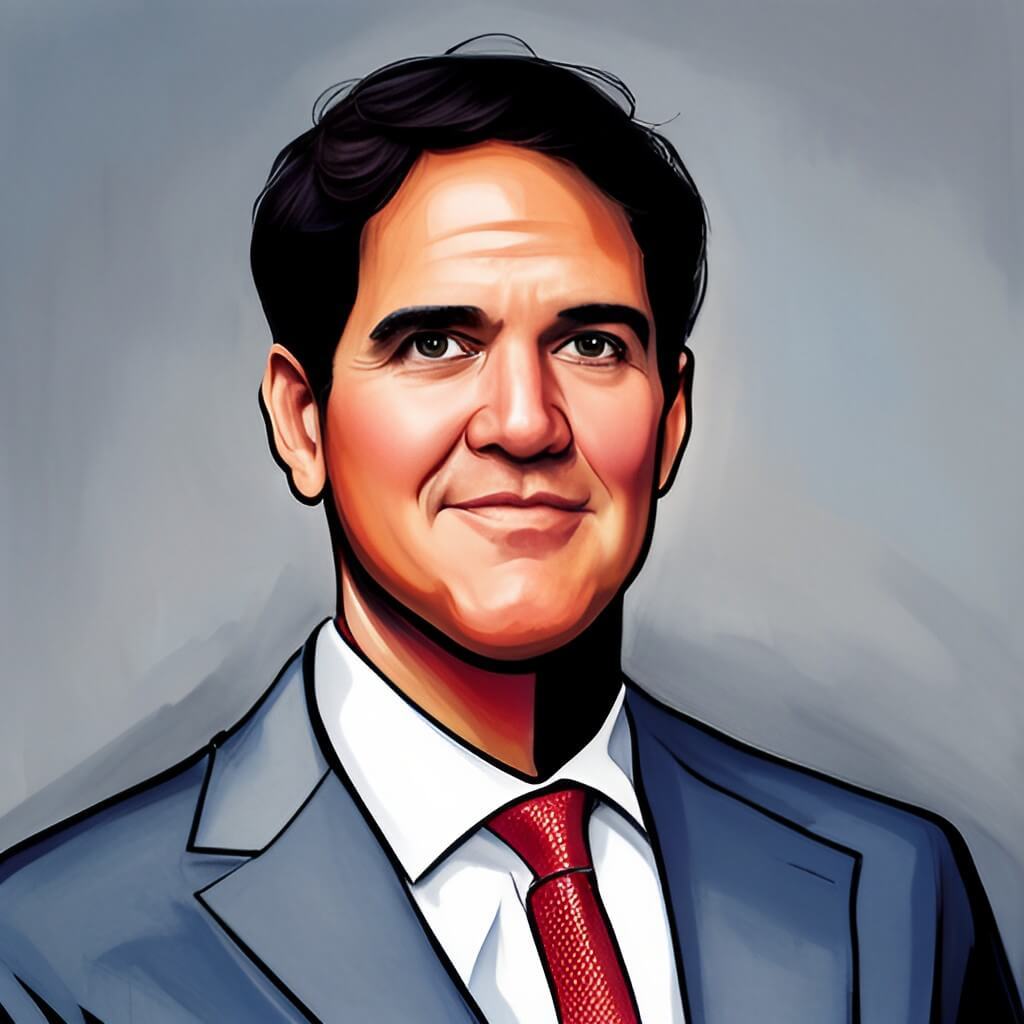Nigeria’s economy is finally starting to show some vigor, all thanks to the fresh strategies rolled out by President Bola Tinubu’s administration. For far too long, the country was like a car stuck in the mud, spinning its wheels but going nowhere fast. But now, it seems like someone’s finally put the vehicle in the right gear, with foreign investors and Nigerian expatriates sending money home in droves, showing their faith in the nation’s new direction.
Last month, the financial inflows from foreign portfolio investors in Nigerian assets and remittances from abroad roared like a waterfall, surpassing $1 billion and $1.3 billion respectively. To put that in perspective, we’re looking at a total north of $2.3 billion for the year already, which is well on its way to eclipsing the $3.9 billion total of 2023. The central bank’s spokesperson, in a burst of optimism, credited these gains to heightened interest in short-term sovereign debt, sparked by recent interest rate hikes.
Let’s dive a bit deeper into this sea change. The Central Bank of Nigeria, not one to shy away from bold moves, cranked up its key rate by 400 basis points, landing at a jaw-dropping 22.75%. This was a full-throttle acceleration aimed at making Nigerian bonds irresistible to foreign investors and giving the naira some much-needed muscle.
The result? The naira flexed a bit, gaining 0.2% to 1,602 per dollar in the official market. But the real story here is the surge in foreign demand for Nigeria’s debt, with investors from abroad snapping up nearly 80% of a recent trillion-naira bond offering.
Nigeria, blessed with the liquid gold of nearly 1.5 million barrels of crude oil daily, has paradoxically grappled with foreign currency shortages that have hamstrung its economy. The new sheriff in town, President Tinubu, wasted no time in attempting to untangle this Gordian knot. By streamlining the foreign-exchange market and attracting foreign capital, he aimed to steady the naira and give the economy a leg up.
Now, turning the ship around hasn’t been all smooth sailing. The naira’s value took a nosedive, inflation rates climbed the walls, and interest rates shot up, squeezing businesses and making life tougher for the average Nigerian. This economic tightrope walk was a gamble to revitalize a struggling system plagued by decades of mismanagement and corruption. Yet, amidst the financial turmoil, there were targeted reforms aimed at invigorating the economy, such as slashing fuel subsidies and shaking up the central bank’s leadership.
The moves by Tinubu’s administration have garnered cautious optimism from international observers like the IMF and World Bank. However, the journey has been a bittersweet pill for the Nigerian populace, reeling under the weight of skyrocketing fuel and food prices. Despite these hardships, there’s a glimmer of hope that these policies might lay the groundwork for a stronger, more inclusive economic growth.
But what about the businesses on the ground? The tale here is one of endurance and struggle. With over 700 manufacturing companies closing shop in just the first quarter of 2023, the impact of currency shortages and high interest rates has been stark. Big names in the industry, from GSK Plc to Procter & Gamble Co., have packed up, citing these financial struggles.
The prognosis, while optimistic, is tempered with realism. The Central Bank of Nigeria, under Governor Olayemi Cardoso’s watch, forecasts an easing inflation rate and a potential undervaluation of the naira. However, the road to recovery is laden with challenges, not least of which is ensuring the newfound policies translate into tangible benefits for the Nigerian people, many of whom are grappling with the basics of daily survival.





